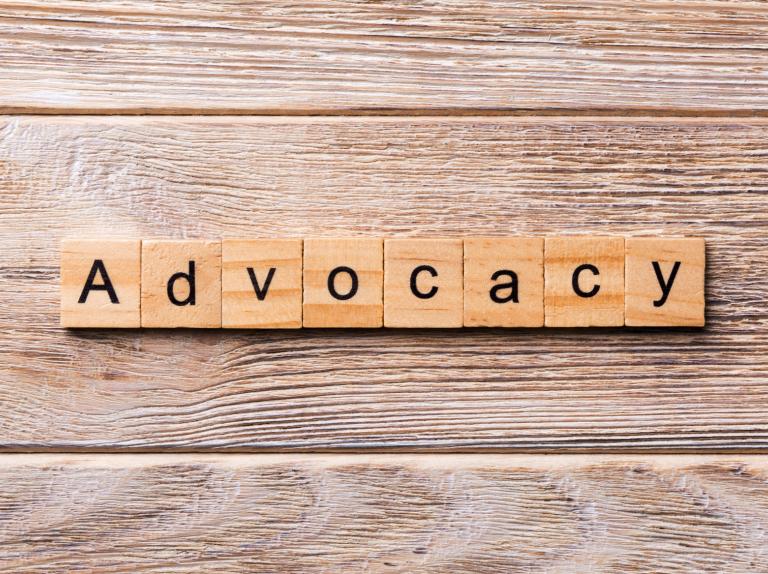
By Laura Libby, Miles Partnership
We know we are in for a long recovery. According to STR and Tourism Economics most recent forecast shows that by the end of 2021, average hotel occupancy will still only have returned to around 78% of what it was at the end of 20191. As many states conclude their fiscal year and adjust their priorities to accommodate funding decreases, the need to tell the story of tourism’s impact is just beginning.

With many tourism organizations funded primarily by taxes and fees, we know that future funding remains in peril. By all accounts, next year’s tax collections will be the same or lower than what is being grappled with in budgets right now.
Leisure travel is a large part of the tourism equation, but without business travel and conventions, our cities are struggling. The impact of quarantine on state and local revenue from meetings and business travel shows us the tremendous impact one quarter of revenue has on our cities and states. The cancellation the International Housewares Show in Chicago2 or the College World Series in Omaha3 resulted in over $70 million economic losses to those communities — and these are just two of thousands of events cancelled this spring. In 2019, business travel accounted for 464.4 million overnight trips that generated $334.32 billion in economic impact for our states and cities4. But as communities reopen, consumers and businesses are cautious, unemployment is at a historic high, especially within the tourism sector, and business and convention travel is not showing signs of a strong return this year. Because of these factors, we are not seeing spending levels roaring back to pre-COVID levels.
The need to build advocates and connect with elected officials, stakeholders and residents to demonstrate the importance of the travel and tourism industry needs to be our daily goal going forward. We may tire of saying the same thing repeatedly, but it will be an effective method of building your coalition of support. There will continue to be significant funding needs in our communities, so it is as important as ever to provide context around the need for continued support for tourism promotion and development
There is a bright spot here: Through this pandemic, the tourism industry is finding its way to the larger table of discussions as they help plan for community recovery and economic development — and hopefully we can change the narrative about tourism going forward. Prior to quarantine, many destinations were challenged by their communities feeling overwhelmed by tourism and now in the absence of tourism, it is essential that our industry have a strong voice in recovery planning. We need to communicate our values consistently to illustrate the significant contributions of the tourism industry. The value of tourism cannot simply be boiled down to an ROI ratio with statements such “with every $1 spent on tourism there is a return of $100.” As Destination’s International recently noted, we need to listen to our community partners and frame the return in value-based terms5. This demonstrates that tourism promotion attracts visitors and the revenues generated by traveler spending can in turn be used to support the community – whether that be for support for schools, health and human services, or other community infrastructure needs.
The US travel industry ranked 7th in terms of employment compared to other industry sectors, and there are cities and states where that ranking is in the top three. To support this workforce of over 15.8 million6, we need the work of DMOs and state tourism offices now more than ever.
Reframing our industry using the new tourism lexicon allows us to set the terms of the discussion and turns the focus to the industry’s successful track record of job creation, workforce development, economic impact, and creating dynamic communities and enhancing the quality of life. This will help redefine the significance of funding DMOs and state tourism offices.
Tourism creates jobs. Tourism fosters community pride. Tourism builds strong infrastructure.
1 Airoldi D., (2020, May 18) STR, Tourism Economics Further Downgrade U.S. Hotel Forecast, Business Travel News, retrieved from www.BusinessTravelNews.com
2 Jimenez A., Elejalde-Ruiz A., Channick R., (2020, March 30) Chicago housewares trade show, expected to draw 60,000 to Mc Cormick Place, canceled over coronavirus concerns, Chicago Tribune, retrieved from www.ChicagoTribune.com
3 Cordes H. and Ristau R. (2020, March 12) Mayor Stothert calls Cancelation of College World Series a ‘severe blow’ to Omaha, Omaha World Herald, retrieved from www.Omaha.com
4 U.S. Travel Association, 2019
5 Destinations International, The New Tourism Lexicon Policy Brief, 2019
6 U.S. Travel Association, 2019
About the Author

Senior Vice President
Miles Partnership
